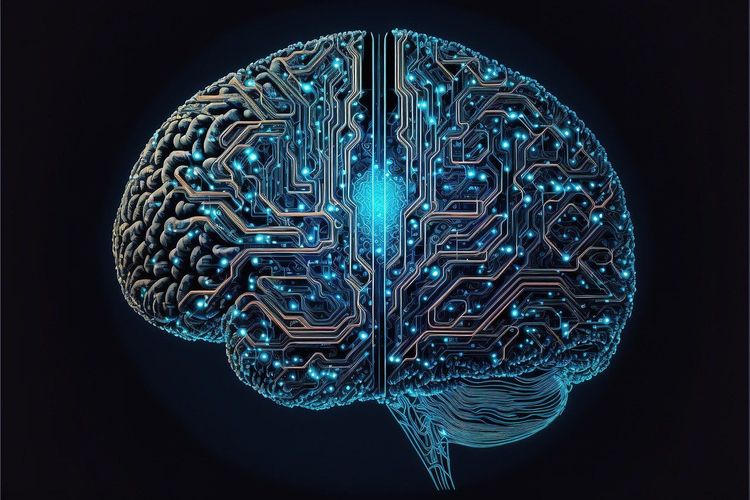Meta has recently introduced the next generation of its custom-built chips specifically designed for AI workloads: the Meta Training and Inference Accelerator (MTIA) v2. These advanced chips, developed in-house, offer double the compute power and memory bandwidth of their predecessors, the v1 chips. The MTIA v2 will be integrated into Meta’s data centers, enhancing the performance of its AI models, including deep learning recommendation systems that improve user experience across various applications.
These state-of-the-art chips excel in managing both low and high complexity ranking and recommendation models, which are essential for optimizing advertisements on platforms like Facebook and Instagram. By maintaining control over the entire hardware and software stack, Meta aims to achieve superior efficiency compared to off-the-shelf GPUs. A recent company update highlighted the benefits of this initiative, stating, “We are already seeing the positive results of this program as it’s allowing us to dedicate and invest in more compute power for our more intensive AI workloads.”
The journey began last May when Meta launched its first in-house chip, tailored for its unique internal applications. As the company intensifies its focus on AI innovation, there is a growing demand for enhanced hardware capabilities. Recently, Meta showcased its AI infrastructure, specifically designed for training advanced models like Llama 3, although this utilized Nvidia hardware exclusively.
According to research from Omdia, Meta ranks among Nvidia's largest clients, having acquired a substantial number of H100 GPUs for AI model training. However, instead of completely replacing its existing Nvidia hardware, Meta’s custom silicon initiative will complement its current infrastructure. The company emphasized, “Meeting our ambitions for our custom silicon means investing not only in compute silicon but also in memory bandwidth, networking and capacity, as well as other next-generation hardware systems.”
The MTIA v2 chips are poised for further development as Meta looks to expand their capabilities to encompass generative AI workloads. As noted in the announcement, “We’re only at the beginning of this journey,” indicating that more innovations are on the horizon.
The introduction of the MTIA v2 aligns with a broader trend among major technology companies seeking to create proprietary hardware solutions. For instance, just last week, Google Cloud unveiled its first Arm-based CPU at the Google Cloud Next 2024 event. Meanwhile, Microsoft has been developing its in-house Maia and Cobalt CPUs, and Amazon is enhancing its generative AI offerings with the AWS-designed Graviton and Trainium chip families.
With the increasing demands of AI and machine learning, Meta's commitment to advancing its custom silicon capabilities reflects a significant shift in the technology landscape, where tailored hardware solutions are becoming integral to achieving competitive advantages in AI development.







